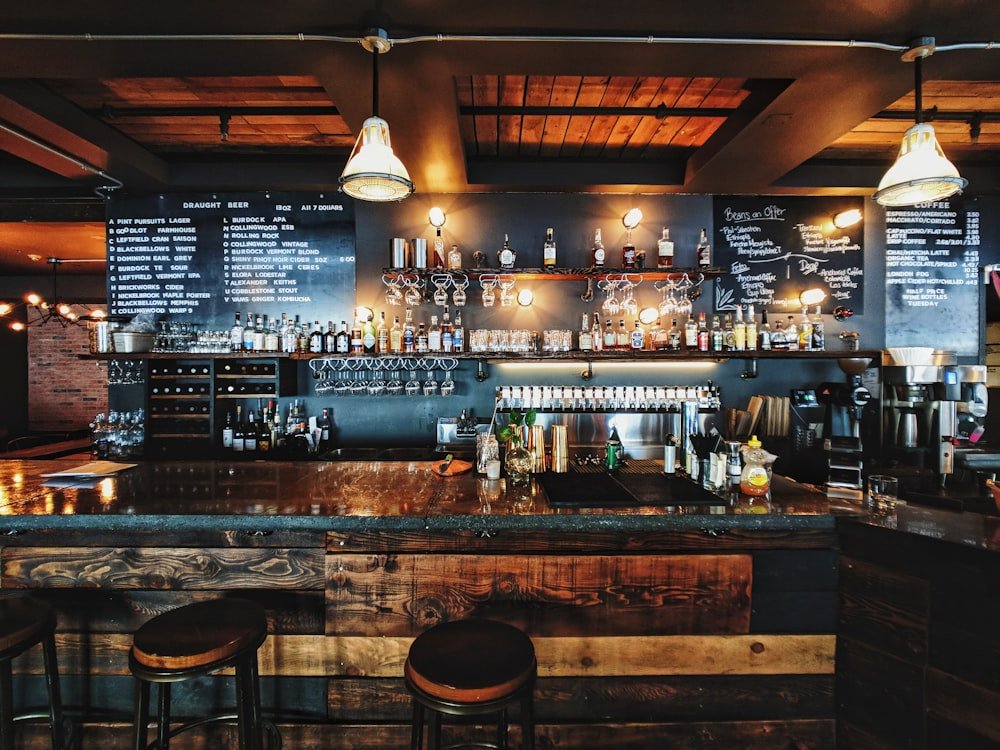April 4, 2025

Did you know that a single missed call can cost a restaurant up to $1,000 in lost revenue? In the fast-paced world of dining, every ring of the phone represents a potential customer, an order, or a reservation. But when phones go unanswered, it's not just a missed opportunity - it's money walking out the door.
High-volume restaurants face a unique challenge: balancing excellent in-house service with efficient phone management. Staff are often torn between attending to diners and answering calls, leading to a lose-lose situation where neither gets the full attention they deserve.
This is where restaurant call management AI steps in, offering a solution that's changing the game for busy eateries everywhere.
Imagine a world where every call to your restaurant is answered promptly, orders are taken accurately, and reservations are managed flawlessly - all without adding extra staff or overwhelming your team. This isn't a far-off dream; it's the reality that AI-powered call management is bringing to restaurants today.
AI phone agents are designed to handle the unique demands of restaurant communication. They operate 24/7, ensuring that no customer call ever goes unanswered, regardless of how busy your dining room might be.
These features not only improve customer satisfaction but also significantly boost operational efficiency. By automating routine communications, restaurants can reduce labor costs and free up staff to focus on providing exceptional in-house service.
The benefits of implementing AI call management in restaurants aren't just theoretical. Let's look at some real-world examples of how this technology is transforming operations:
These success stories highlight the transformative power of AI in managing high call volumes efficiently. But how exactly does this technology work in practice?
At its core, restaurant call management AI uses advanced natural language processing to understand and respond to customer inquiries. Here's a breakdown of how it works:
This process happens in seconds, ensuring efficient call handling even during the busiest periods. But what about more complex situations?
While AI excels at routine tasks, it's also designed to handle more nuanced situations:
This flexibility ensures that while most calls are handled automatically, customers always have access to human assistance when needed.
As we can see from this video, the integration of AI in restaurant operations goes beyond just call management. It's part of a broader trend of digital transformation in the industry, aimed at enhancing efficiency and customer experience across all touchpoints.
One common concern about AI implementation is the fear of losing the personal touch that many restaurants pride themselves on. However, the reality is quite the opposite. By handling routine calls, AI frees up staff to provide more personalized attention to in-house diners.
Moreover, AI call management systems are highly customizable. They can be programmed to reflect your restaurant's unique personality and brand voice, ensuring that the digital experience aligns with the in-person dining experience you've worked hard to create.
Implementing AI call management doesn't have to be a complex process. Modern systems are designed to integrate seamlessly with existing restaurant technologies. Here's what the process typically looks like:
The key is choosing a system that's flexible and scalable, capable of growing and adapting as your restaurant's needs evolve.
As AI technology continues to advance, we can expect even more sophisticated features in restaurant call management systems. Future developments might include:
These advancements promise to further streamline operations and enhance the dining experience for customers.
This video highlights how AI is not just transforming call management, but also addressing broader challenges in the hospitality industry, including hiring and staff management. It's clear that AI's role in restaurants is set to expand far beyond just handling phone calls.
The restaurant industry is at a turning point, with AI-powered solutions offering new ways to enhance efficiency and customer service. Restaurant call management AI, in particular, is proving to be a game-changer for high-volume establishments.
By automating routine communications, these systems allow restaurants to capture more business, reduce costs, and free up staff to focus on creating exceptional dining experiences. As the technology continues to evolve, it's clear that AI will play an increasingly important role in shaping the future of restaurant operations.
For restaurants looking to stay ahead of the curve and maximize their potential, exploring AI call management solutions is no longer just an option - it's becoming a necessity. Our product, Loman.ai, offers a comprehensive AI phone agent specifically designed for restaurants, addressing all the needs discussed in this article. It's worth considering how such a solution could transform your restaurant's operations and bottom line.
Q: Will AI replace human staff in restaurants?
A: No, AI is designed to complement human staff, not replace them. It handles routine tasks, allowing staff to focus on providing personalized service to in-house diners.
Q: How accurate is AI in taking orders?
A: Modern AI systems are highly accurate in order taking, often surpassing human accuracy, especially during busy periods when staff may be rushed or distracted.
Q: Can AI handle special requests or dietary restrictions?
A: Yes, AI systems can be programmed to handle special requests and inquiries about dietary restrictions, allergens, and ingredient information.
Q: How difficult is it to implement an AI call management system?
A: Implementation is typically straightforward, with most systems designed to integrate easily with existing restaurant technologies. The process usually involves customization, integration, and brief staff training.
Q: Is AI call management cost-effective for small restaurants?
A: Yes, AI call management can be cost-effective even for small restaurants. By reducing missed calls and freeing up staff, these systems often pay for themselves through increased sales and operational efficiency.

Enter your information in the form to receive a call from Loman and place an order like a customer would!